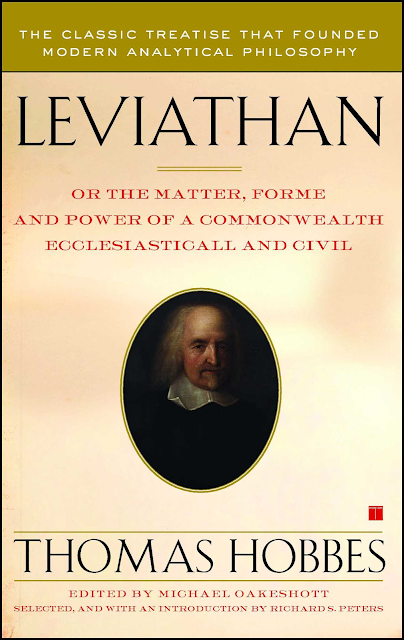НИКОЛА БЕНИН

"Leviathan" by Thomas Hobbes is a philosophical treatise that explores the nature of humanity, society, and politics. While not a novel in the classical sense, "Leviathan" presents a profound and provocative examination of the human condition, revealing a struggle that is both timeless and universal.
In the "state of nature," Hobbes's term for the hypothetical condition of humanity before the establishment of society, individuals are engaged in a constant struggle for survival, with each person seeking to protect themselves and their interests. This struggle is characterized by fear, mistrust, and the constant threat of violence.
However, Hobbes also recognizes that humans have a fundamental desire for security, stability, and peace. To achieve these goals, individuals must come together to form a social contract, submitting to the authority of a sovereign power in exchange for protection and security.
The struggle in "Leviathan" is thus the tension between the individual's desire for autonomy and self-expression, and the need for social order and stability. Hobbes argues that this tension can only be resolved through the establishment of a strong, centralized authority, which can maintain order and protect the rights of individuals.
Няма коментари:
Публикуване на коментар